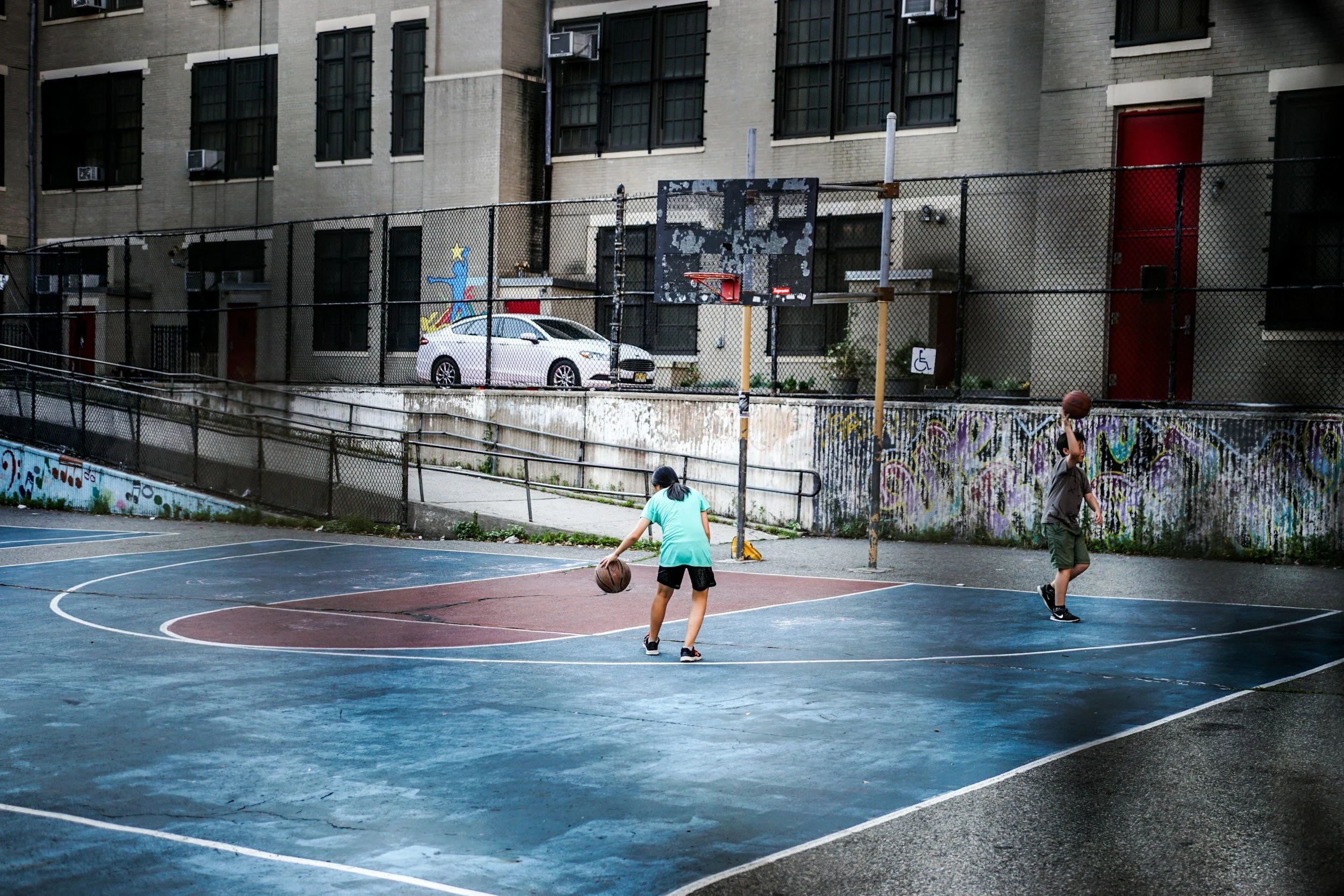Building your child’s opportunity beyond the ZIP code
You’ve likely heard the saying: “Your zip code determines your destiny.” It turns out there’s a lot of truth to the idea that where a child grows up shapes their future in significant ways. Researchers have found that neighborhood and geography strongly influence children’s education, earnings, health and upward mobility. For example, one landmark study from Harvard found that children growing up in more advantaged neighborhoods enjoyed higher household earnings as adults and better rates of college attendance.
But here’s the important part: zip code is not destiny. While location matters, there are meaningful things you can do as a parent and as a community member to influence your child’s environment – in meaningful, local, empowering ways. Let’s explore four practical ways to build that opportunity around your child, today.
Four ways to build opportunity in your child’s community
Take part in the census
An accurate census count is more than bureaucracy. It’s the foundation for how public resources get distributed. Among other things, census data affects:
Federal funding for K-12 education
Special-education programs
Nutrition support
Health services
Community infrastructure
When young children are under-counted, their neighborhoods lose out on funding for years, until it’s time for the next census. You can help by ensuring your household is fully counted, and encouraging your building or neighborhood block to do so too. That one action helps strengthen the broader ecosystem your child lives in.
Engage with your local schools, libraries and community centers
Your child’s immediate environment isn’t only the house and family: it’s the network of institutions, programs and people that surround them. As a parent, you have access to resources like school programs, library story-times, after-school clubs, and community centers.
By showing up, you signal to your child and your neighborhood that you’re invested. You can try:
Attending community and school board meetings
Volunteering a few hours
Just participating and using the resources together with your kid
These public spaces become platforms for social capital: children see parents engaged, they see community action, and you build relationships that reinforce opportunity for your child.
Create and nurture micro-neighborhood connections
In dense urban settings, it can feel paradoxically isolating. But you probably still know, even in a big city, there’s beautiful potential for relationships on the micro-level: neighbors on the block, parents in your apartment building, parents of your child’s friends.
Maybe host a monthly play-date or book-swap, set up a “story-walk” in a courtyard, join or start a local parents’ or caregivers’ network. These micro-neighborhood ties create a sense of belonging for children and families alike. Research shows that children benefit from networks of adults investing in the same space – not just formal institutions. You’re building informal support, role models, peer engagement, and a sense of “we’re in this together” for your kiddo.
Activate safe outdoor and play spaces
If you live in a metropolis, you may have encountered its constraints: less private yard, shared spaces, limited green areas. But most cities have potential for using existing space and advocating for them.
Maybe you could:
Turn your building courtyard into a weekend game zone
Join a block clean-up and greening project
Organize a sunset walks group for families in your building
Join or start up a community garden in an empty lot (if you’re in New York, we love what 6&B community garden in the East Village does for kids and families)
Work with your local parent-teacher group or neighborhood association to request better lighting, safe sidewalks, or park improvements.
Access to safe outdoor space is strongly tied to children’s physical, social, cognitive well-being. By directly participating in these kinds of projects and efforts, you’re doing your part to make your immediate outdoor world better.
Let Smart Sitting be part of your community
You may not choose your child’s zip code, but you can shape the zip code experience: one of participation, connection, resource-richness and opportunity. You have the power to give your child more than geography – you give them agency and community.
At Smart Sitting, fostering community has always been an important part of our mindset. We also believe that the right, reliable childcare can be a key to boosting your child’s bright future. If we can be a part of your community and connect you with dedicated, experienced nannies or babysitters that help make your life easier, let us know! Our personalized process helps you find the kind of care you need, when you need it – and it just starts with answering a few questions via the button below.
Together, we can build opportunity that doesn’t worry about what a zip code is.

